Today we had sunshine, and it was a great opporturnity for a long walk: past the bog at Tremanskärr, across some rocky forests to Stavurkärr swamp, then climbing up a rocky hillside to a smaller and drier swamp, and then to Kurkijärvi lake.
By the way, I'm having trouble naming different swamp types in English. For example, the third swamp I mentioned above is "räme" in Finnish. This is an English translation: "boreal swamp type characterized by sparse growth of pine, thick layer of sphagnum on the ground and dense growth of woody shrubs".
I didn't even know the word sphagnum and had to look it up: "a genus of between 151 and 350 species of mosses commonly called peat moss, due to its prevalence in peat bogs and mires".
It is much simpler to say "räme" in Finnish...
Today I got disappointed with yet another book on photography. This time I had been reading David Taylor's Digital Black & White Photography (Ammonite Press, 2011). As so often, this book consists of short recipies, most of which were only one or two pages long. For example, the recipies about histograms and metering were well written, but all too short for my taste. I would like to know more.
A typical oversight in most books on photography is the handling of camera aperture. The f-stop range is given to the reader, often without any explanation where the numbers come from and how they are related to the amount of light passing through.
And the related topic of depth-of-field (DOF) is hardly described at all, except by saying that a small f-stop number means shallower DOF. But why? That is a question I hardly ever see answered, even though the answer is not complicated, just a little bit of elementary geometry.
Am I alone wanting to know the reason why something happens? Or is everyone just too busy to think about reasons these days?
I have started to think that giving recipies without going deeper is the prevalent trend today, whatever the topic: economy, politics, sports, entertainment, science, technology. Just recipies, with a lot of facts, but no explanation - and not even an attempt at questioning - why things work as they do.
... We live in a cookbook society.
This is the final stanza of The Hollow Men by T. S. Eliot:
This is the way the world ends This is the way the world ends This is the way the world ends Not with a bang but a whimper.
I have started to think that the essential content of that whimper may be recipe, so I might write "Not with a bang but with a recipe". I know, this is not as poetic as whimper, but I don't care.
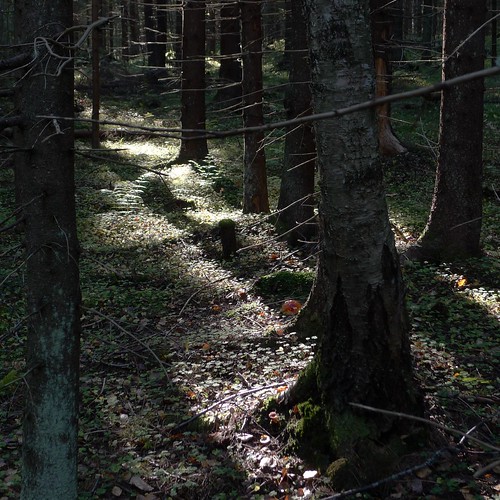
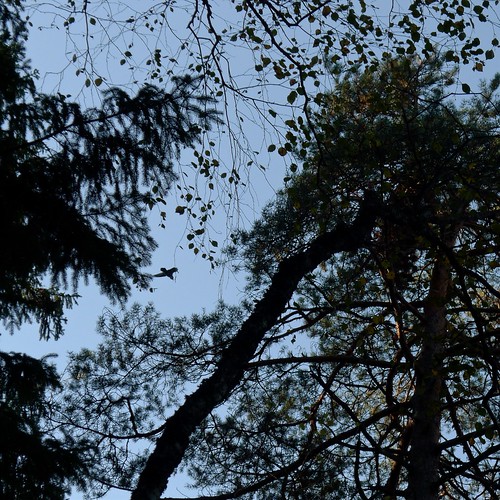
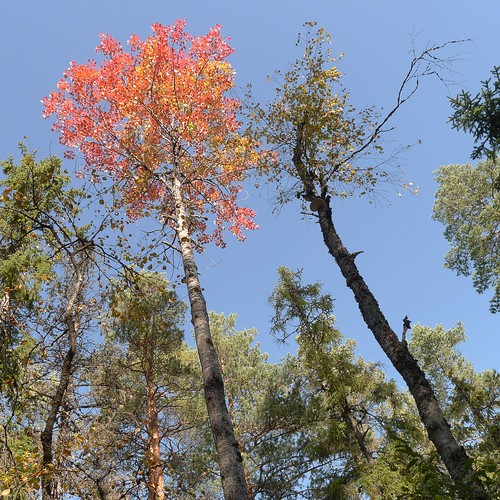
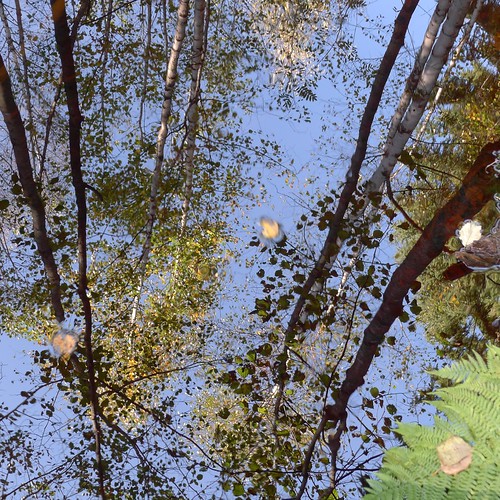
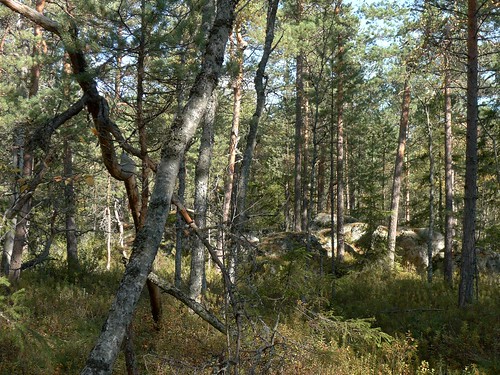
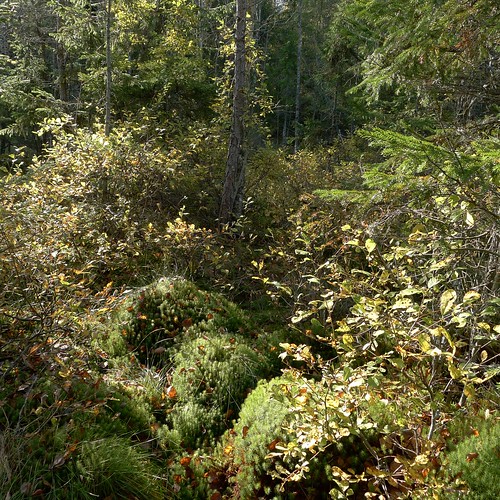
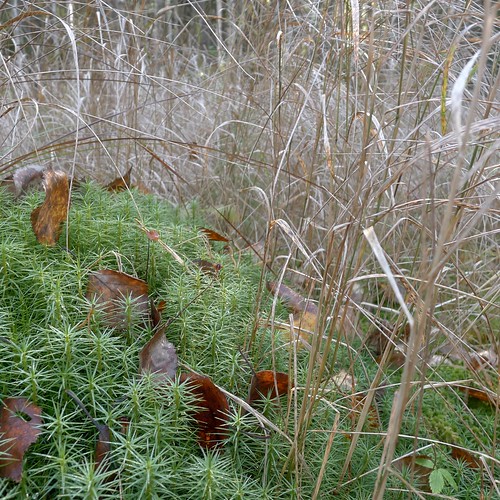
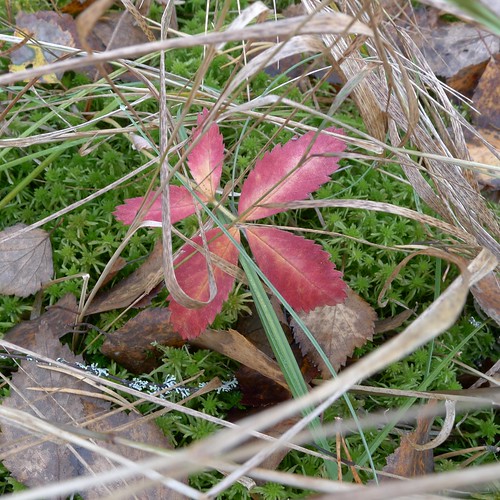



4 comments:
Your not alone Juha but you (and I) are relatively rare in the amateur photography world. Most book buyers are only interested in the basics. Apparently pro and "advanced amateurs" don't buy how-to books. I have found that older books based on film photography are generally better; going digital hasn't changed the fundamentals. Having said that the best in depth information is on the web but it can be a pain to find.
The sun is starting to ark lower in the sky these days; I'm looking forward to another season of your winter photos.
@Brian S: Well, since reading Nicholas Carr's excellent book "The Shallows: What the Internet Is Doing to Our Brains" I have started to see more and more of signs that people - of all aptitudes and skill levels - as having problems in concentrating on one topic for a longer period of time. The multitasking world we live in, brought to us by computers and iPhones and iPads etc., is making us stupid. Or at least scatter-brained. We can hardly focus on a single page or a computer screen at a time.
And about winter photographs: although I do like the four seasons we have in Finland, I would like to get some parts of the cycle over as soon as possible, such as the dark days of November before snow arrives.
Recently, I've watched Connections, a 1978 documentary about change. A minor topic in that series was, that people don't know how the inventions they use every day work. Therefore, I don't think the lack of initiative to go deeper to see how things work is a problem of multitasking. Maybe it has something to do with the complexity of the world we live in. After all, to get smaller depth of field, all you have to do is to set smaller f-number.
@Myn.pheos: Thanks for that hint.
Once again it is proved that hardly anything is really new. Wasn't there a Roman writer (around 0 BC) who complained about the busyness of modern life - can't remember his name at the moment, brain being busy with all other stuff going on.
Post a Comment